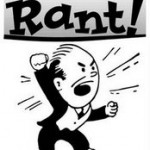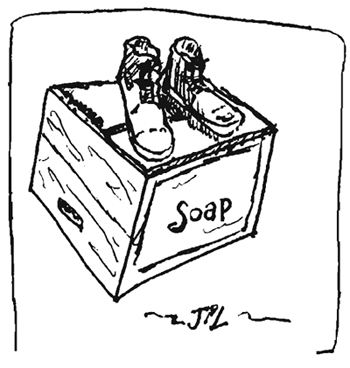Get t his – I was reading a very popular tax blog this week (which shall remain nameless to protect the moronic) when I found a reader question asking about having a separate business checking account.
his – I was reading a very popular tax blog this week (which shall remain nameless to protect the moronic) when I found a reader question asking about having a separate business checking account.
I was astounded by the answer:
You need only one checking account. Do not open a separate checking account for your business. The IRS merely suggests, not requires, that you have a separate business account.
Say WHAT???
That is perhaps the WORST bit of advice I have seen in a long career of business and tax planning. Which just goes to show that some so-called gurus are idiots – just sayin'!
One of the first principles taught in every introductory business or accounting course is the business entity concept.
This concept simply states that a business is a separate entity from its owner or owners, whatever the legal status of the enterprise may be. In other words, the personal activities and transactions of the owner must not be mixed with the activities and transactions of the business.
words, the personal activities and transactions of the owner must not be mixed with the activities and transactions of the business.
How can you possibly follow this concept without a separate checking account for your business? That's right – you can't!
Perhaps our tax guru isn't familiar with the business entity concept, but I can guarantee the guy (or gal) who audits your tax return will be.
Now, I will concede the fact that the IRS does not require a specific method of record keeping. It only requires that you use a method that substantiates both your income and expenses.
A separate business checking account does exactly that.
Let me explain.
Rule One
Deposit all business income into your checking account. Clearly identify on your deposit ticket the source of funds. If you need your business income to pay personal expenses, deposit the income into your business account and then write yourself a check.
Rule Two
Pay all business expenses using funds from your business checking account. This should be done by check or debit card. Often a start up business doesn't have the income to cover all of its expenses. If this happens to be the case DO NOT pay the expense from your personal account. Instead, deposit the personal funds into your business account and pay the expense from there.
Simple, isn't it?
By using a separate checking account for your business you follow the business entity concept AND substantiate your income and expenses.
Stepping off my soapbox now.
Until next time, thanks for reading BillOnBusiness.net! Your comments and questions are welcomed below.
